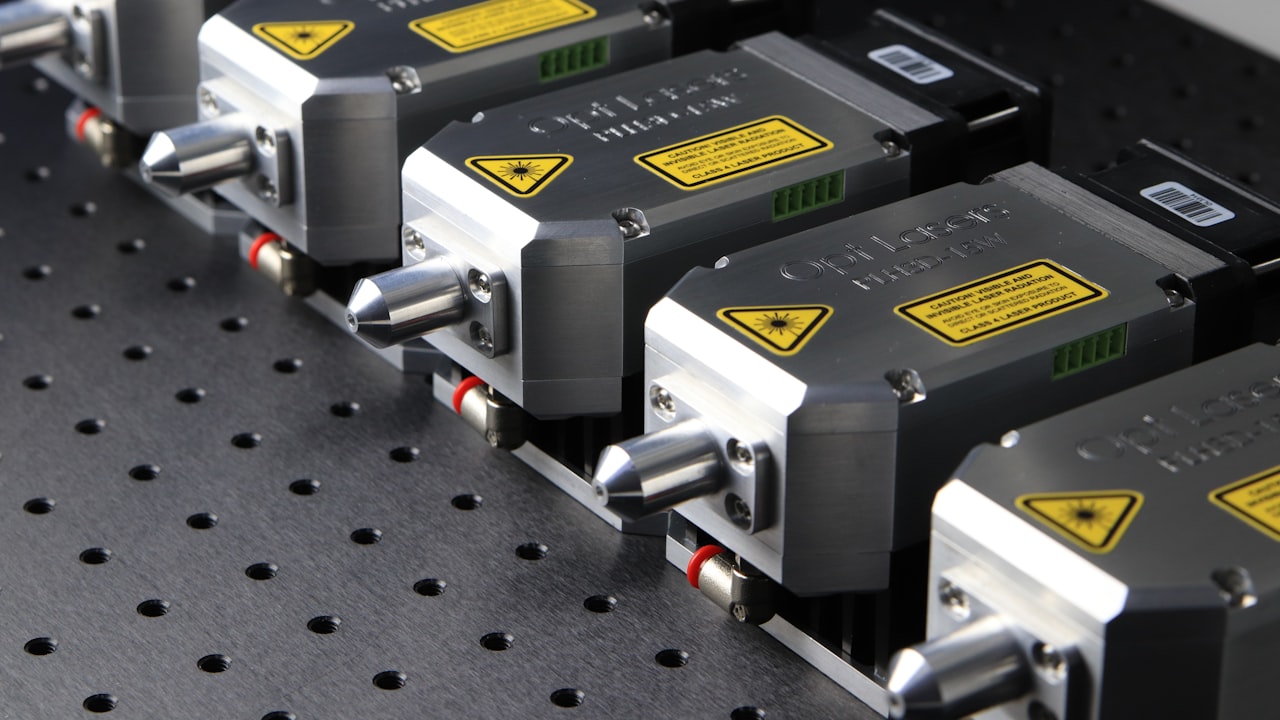Title: The Role of Pharmaceutical Machinery in Drug Production
Pharmaceutical machinery plays a crucial role in the manufacturing process of drugs. Among the various machines used in pharmaceutical production, table press machines and capsule filling machines stand out as essential equipment. These machines are responsible for the efficient and accurate production of tablets and capsules, ensuring high quality and consistency in the final pharmaceutical products.
Table press machines, also known as tablet presses, are used to compress powdered or granulated ingredients into tablets of uniform size and weight. The most common types of table press machines are TDP (Tablet Press) and THDP (Tablet Hardness Testing Press). TDP machines come in various models and configurations to accommodate different production volumes and requirements. They are equipped with tooling sets that can be customized to produce tablets of different shapes and sizes.
The process of tablet production begins with the preparation of the tablet blend, which consists of active pharmaceutical ingredients, binders, lubricants, and other excipients. The tablet blend is then fed into the hopper of the table press machine, where it is compacted into tablets under high pressure. The quality of the tablets produced depends on factors such as the compression force, the speed of the machine, and the formulation of the tablet blend.
On the other hand, capsule filling machines are used to fill empty gelatin or vegetarian capsules with powdered or granulated ingredients. These machines are equipped with filling trays, tamping pins, and dosing disks to ensure accurate and consistent filling of the capsules. Capsule filling machines are available in different configurations, including manual, semi-automatic, and fully automatic machines to cater to various production needs.
In pharmaceutical manufacturing, the efficiency and reliability of table press and capsule filling machines are paramount. These machines not only streamline the production process but also ensure the uniformity and integrity of the pharmaceutical products. By using advanced technology and precise engineering, pharmaceutical machinery manufacturers continue to innovate and improve the performance of these machines, making them indispensable tools in drug production.
In conclusion, table press machines and capsule filling machines play a critical role in the pharmaceutical industry by enabling the efficient and accurate production of tablets and capsules. With the advancements in technology and continuous improvements in machinery design, these essential equipment contribute to the quality and consistency of pharmaceutical products, ultimately benefiting patients worldwide.

 Title: “The Role of Pharmaceutical Machinery in Drug Manufacturing Processes”
Title: “The Role of Pharmaceutical Machinery in Drug Manufacturing Processes”



